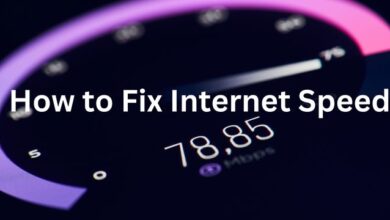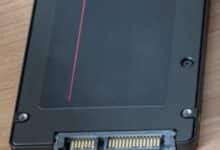How to Fix Common Cooling Issues: A Guide for PC Builders

As a PC builder, one of the most critical components you need to pay attention to is your computer’s cooling system. Without proper cooling, your system can overheat, leading to hardware damage and decreased performance. In this guide, we’ll discuss common cooling issues and how to fix them to keep your PC running smoothly.
How to Fix Common Cooling Issues:
- High Temperatures:
One of the most common cooling issues in a PC is high temperatures. If your system is running too hot, it can cause components to fail prematurely or even shut down your computer. Here are some ways to fix this:
- Clean your fans and heat sinks: Over time, your system’s fans and heat sinks can accumulate dust and debris, reducing their efficiency. Use a can of compressed air or a soft brush to remove any buildup from your system’s fans and heat sinks.
- Check your thermal paste: Thermal paste is the material that sits between your CPU and heat sink, transferring heat away from the processor. If your thermal paste is old or dry, it can reduce the cooling efficiency of your system. Replace the thermal paste if necessary.
- Increase airflow: Make sure your system has enough airflow by ensuring that all fans are spinning and not obstructed. You can also add more fans to increase airflow if necessary.
- Loud Fans:
If your system’s fans are making a lot of noise, it can be distracting and annoying. Here are some ways to reduce fan noise:
- Check your fan speeds: Use a program like HWMonitor to check your fan speeds. If your fans are spinning too fast, they can create a lot of noise. Adjust the fan speeds using your system’s BIOS or a fan control program.
- Replace your fans: If your fans are old or damaged, they may make more noise than necessary. Replace them with new, high-quality fans to reduce noise levels.
- Use noise-dampening materials: You can use noise-dampening materials like acoustic foam to reduce the noise coming from your system.
- Water Cooling Issues:
Water cooling can be an effective way to cool your system, but it can also present some issues. Here’s how to fix common water cooling issues:
- Check for leaks: If you’re using a custom water cooling loop, make sure there are no leaks in your system. A leak can cause damage to your hardware and reduce cooling efficiency.
- Check your coolant levels: Make sure your system has enough coolant to keep your components cool. If your coolant levels are low, refill your system with the appropriate coolant.
- Check for blockages: Over time, debris and other particles can accumulate in your water cooling system, reducing its efficiency. Check your system for any blockages and clean it out if necessary.
- How to Fix Common Overheating Issues: Tips and Tricks
- How to Fix Common Hard Drive Issues: A Guide for PC Users
- How to Fix Common Power Supply Issues: A Guide for PC Builders
Conclusion
keeping your PC’s cooling system working properly is crucial for maintaining system performance and preventing hardware damage. By following these tips and regularly maintaining your system’s cooling components, you can ensure that your PC runs smoothly and quietly.







